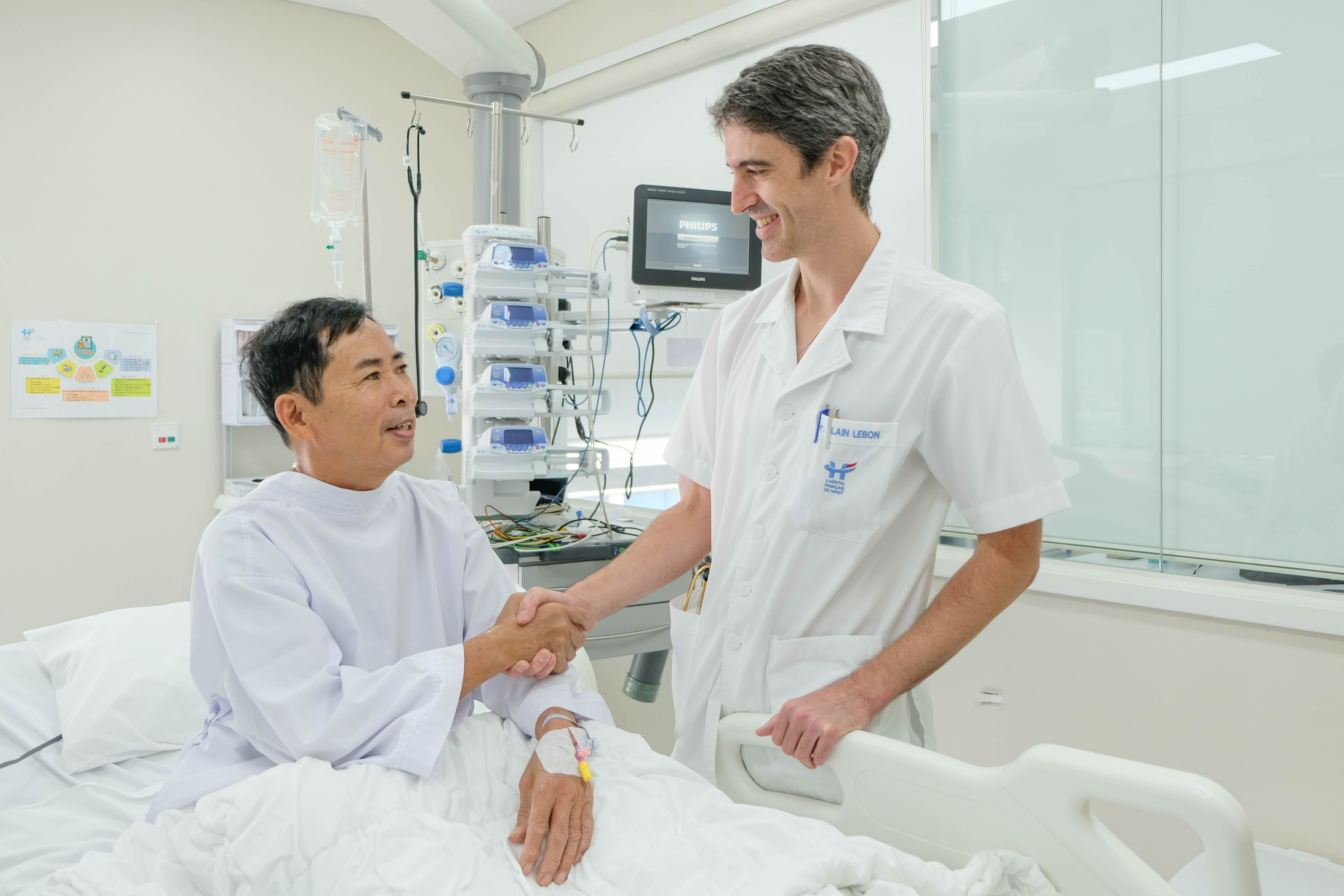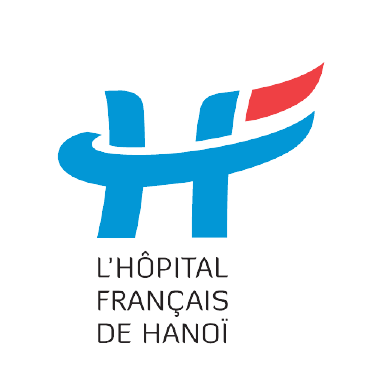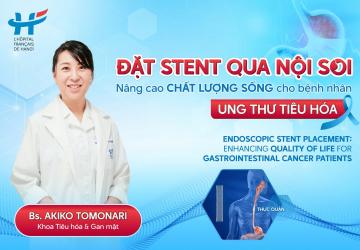News - Fri, 10/11/2024 - 16:30
SUCCESSFUL ABLATION: COMPLETE CURE IN A PATIENT WITH DRUG-RESISTANT PREMATURE VENTRICULAR COMPLEXES
Last update 11/01/2024 - 11:46
After medication was no longer effective, a 69-year-old patient recently underwent successful ablation at Hanoi French Hospital (HFH), eliminating the risk of heart damage caused by ventricular premature beats.

The patient, V.V. Kh experienced his first episode of dizziness in 2022 and was diagnosed with premature ventricular complexes (PVC), with an occurrence rate of more than 20% of total heartbeats. When the condition worsens, the heart beats irregularly may lead to heart failure and an increased risk of sudden death.
For nearly two years, antiarrhythmic medications and lifestyle adjustments helped reduce the patient's symptoms of palpitations and rapid heartbeats. However, recently, the patient noticed that the symptoms were becoming more frequent, and in some cases, the palpitations were accompanied by pounding heartbeats.
Discussing this case, Dr. Ngo Chi Hieu, from the Clinical and Interventional Cardiology Department at HFH, shared: “Medical treatment plays a crucial role in managing PVC and arrhythmias in general. However, not all patients respond well to medication, and over time, drugs may lose their effectiveness. At that point, we need to consider more interventions to prevent heart damage and heart failure. The chance of a cure is entirely possible.”
After a thorough consultation, Dr. Hieu and Dr. Alain Lebon, also from HFH’s Clinical and Interventional Cardiology Department, agreed that the optimal solution for the patient was catheter ablation using radiofrequency. Since the patient had no underlying cardiomyopathy, the doctors were confident in the high success rate of the procedure, especially using the latest-generation 3D electrophysiology mapping system.

Dr. Alain Lebon, who performed the ablation, noted, “The most challenging part of this procedure was accurately identifying the origin of the premature beats. The clear 3D electrophysiology mapping from the Ensite X system allowed me to locate the site of intervention in the coronary cusp, a particularly delicate location. Therefore, the procedure was conducted carefully to ensure no damage to the aorta, aortic valve, or coronary arteries.”
After the procedure, the patient no longer experienced PVC and recovered quickly, able to walk and eat easily. “I feel great. It’s only been one day, but my health feels much better already. I no longer feel any discomfort. I’m truly grateful to Dr. Hieu and Dr. Lebon for curing me,” the patient shared enthusiastically.

Commenting further on the procedure, Dr. Alain Lebon stated that all types of arrhythmias can now be treated with ablation, with significantly higher success rates than with medication. Comparing the benefits of the intervention to the potential complications, ablation has become the first line method for treating arrhythmias.
We hope that in the near future, more arrhythmia patients will receive definitive treatments, eliminating the need for lifelong medication or facing the risks associated with dangerous cardiovascular complications.
To make an appointment with Dr. Alain Lebon and learn more about catheter ablation for treatment of arrhythmias, please contact our HOTLINE at 024.35771100, message our Fanpage "Hanoi French Hospital," or via Zalo OA at zalo.me/2008009049335817955.



